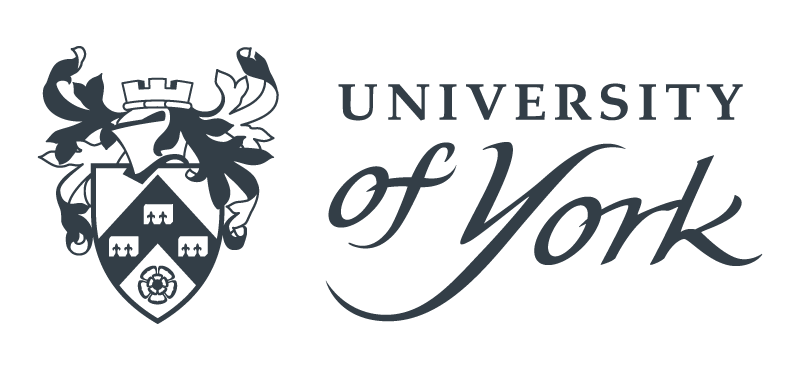Díaz-Andreu, M. (2007). Internationalism in the invisible college:. J Social Archaeol 7 (1). Vol 7(1), pp. 29-48.
Title The title of the publication or report |
Internationalism in the invisible college: | |
|---|---|---|
Subtitle The sub title of the publication or report |
political ideologies and friendships in archaeology | |
Issue The name of the volume or issue |
J Social Archaeol 7 (1) | |
Series The series the publication or report is included in |
Journal of Social Archaeology | |
Volume Volume number and part |
7 (1) | |
Page Start/End The start and end page numbers. |
29 - 48 | |
Biblio Note This is a Bibliographic record only. |
Please note that this is a bibliographic record only, as originally entered into the BIAB database. The ADS have no files for download, and unfortunately cannot advise further on where to access hard copy or digital versions. | |
Publication Type The type of publication - report, monograph, journal article or chapter from a book |
Journal | |
Abstract The abstract describing the content of the publication or report |
The article analyses the effect that ideology may have in the relationships established between archaeologists of opposing political persuasions. It is argued that modern historiographers' assumption that archaeologists holding different ideologies could not possibly support each other needs urgent revision. It is proposed that, for the decades immediately before and after World War II, the disregard of the political aspect when dealing with colleagues can partly be explained by the widely held belief in the absolute value of science, especially at a time when, in the case of prehistoric archaeology, the discipline was being professionalized. In this article the links established between prehistoric archaeologists of opposing political ideologies is framed within the discussion of invisible colleges, the professional networks which form unofficial power bases within academia. It is suggested not only that they seem more concerned with the control of academic resources than in political convictions, but that invisible colleges also operate at an international level. Thus, invisible colleges in each country may be linked with others elsewhere, even when their members live under completely different political regimes. As the basis for the discussion the article uses the correspondence between three prehistoric archaeologists: the Marxist Gordon Childe (1892-1957), the Francoist Lluís Pericot (1899-1978) and, to a lesser extent, the Falangist (i.e. Spanish Fascist) Julio Martínez Santa-Olalla (1905-72). | |
Year of Publication The year the book, article or report was published |
2007 | |
Locations Any locations covered by the publication or report. This is not the place the book or report was published. |
|
|
Source Where the record has come from or which dataset it was orginally included in. |

BIAB
(The British & Irish Archaeological Bibliography (BIAB))
|
|
Created Date The date the record of the pubication was first entered |
09 Mar 2007 |





